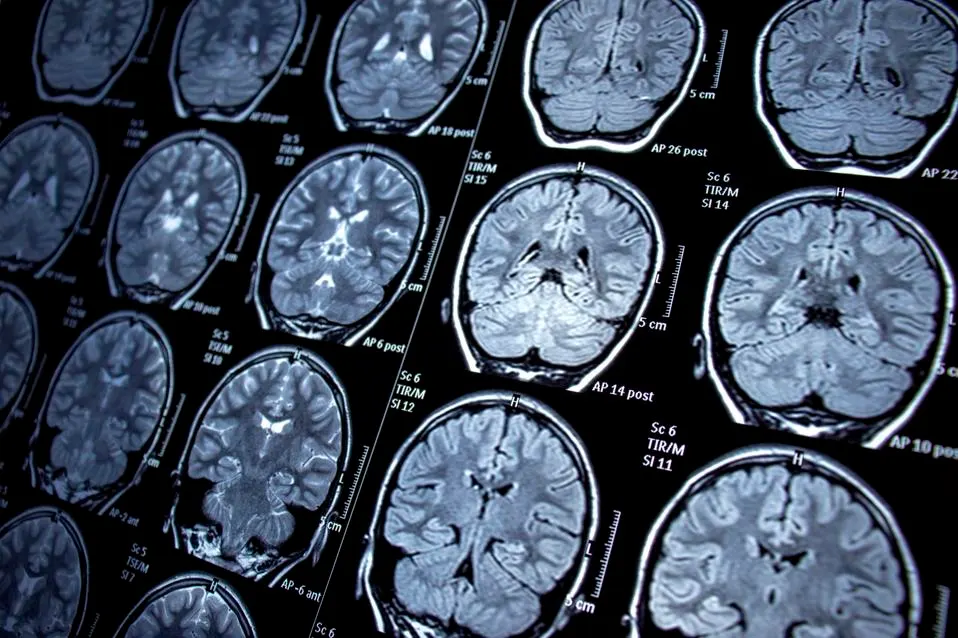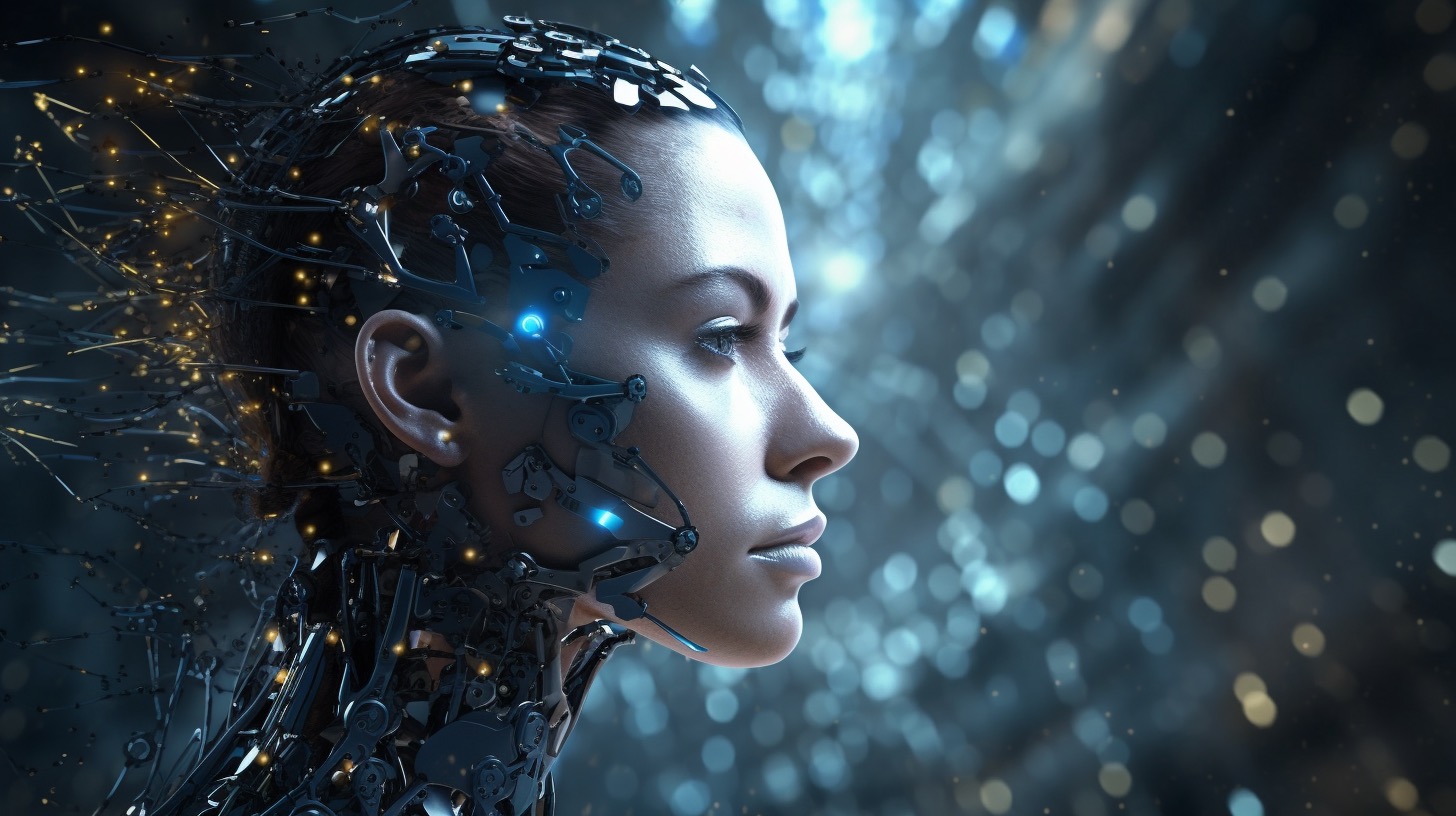Google and Osaka University’s Groundbreaking Research: Turning Brain Scans into Music with AI

Google and Osaka University’s Groundbreaking Research: Turning Brain Scans into Music with AI
Researchers from Google and Osaka University in Japan have conducted a fascinating study that explores the possibility of turning brain scans into music using artificial intelligence (AI). In the experiment, five volunteers were placed inside an fMRI scanner and exposed to over 500 music tracks from various genres. The brain activity of the participants was recorded and integrated into Google’s AI music generator, Music LM, conditioning the software on the subjects’ brain patterns and responses.
The generated music demonstrated similarities to the stimuli the volunteers experienced, with subtle semantic variations. The research revealed that the brain regions responsible for processing information from text and music overlap, highlighting similarities between Music LM components and auditory cortex activity.

In essence, the study showed that the internal representations of Music LM are correlated with specific brain activity when both the AI and a human are exposed to the same music. This correlation enabled researchers to predict and reconstruct the kinds of music the human subjects were exposed to by using data from relevant brain regions as input for Music LM.
While this research is a step forward in understanding how AI can interpret brain activity to generate music, the creation of a universal model remains challenging due to the significant differences in brain activity among individuals. The ultimate goal is to develop a method for generating music purely from human imagination, without the need for external stimuli.
The study opens up exciting possibilities for bridging the gap between thoughts and music using advanced AI technology. However, it also emphasizes the complexity of translating the human mind’s unique creative processes into algorithmic composition. As technology continues to advance, further exploration in this field may lead to groundbreaking innovations in music and human-computer interaction.
Written by: AIT
Google Osaka University's Research

Post comments (0)